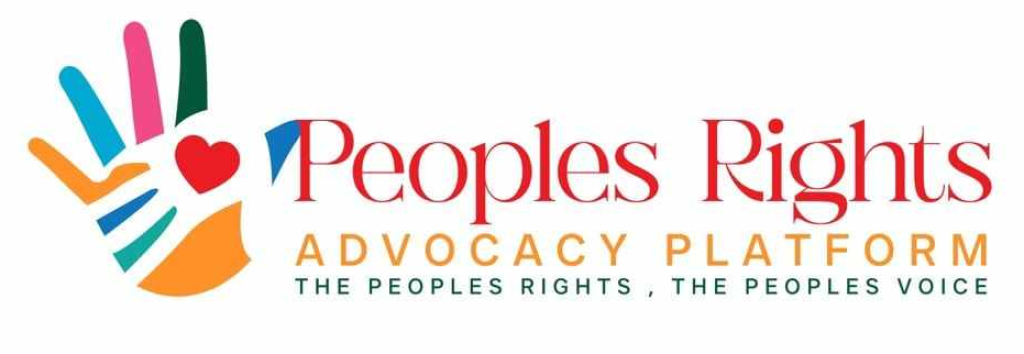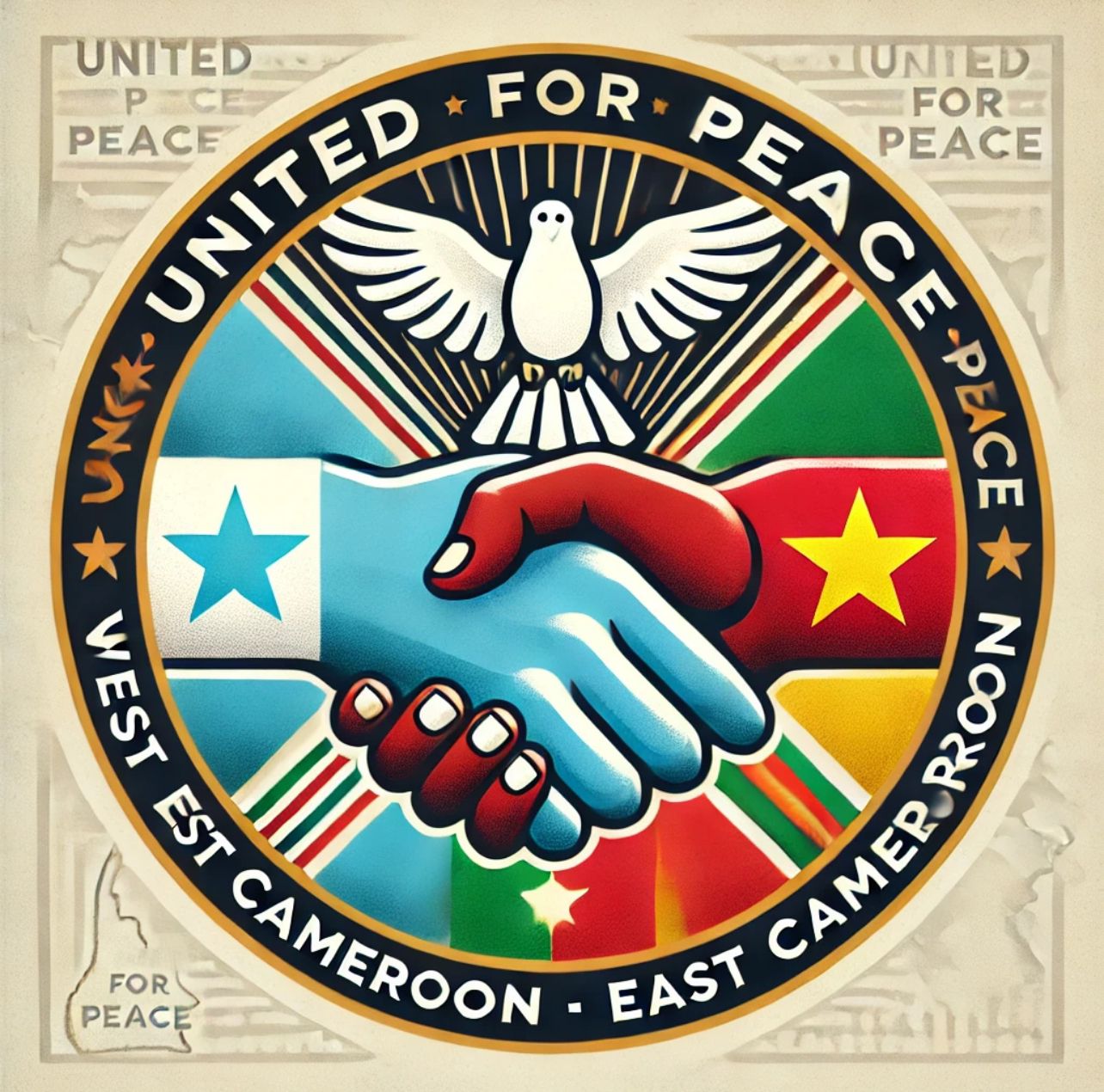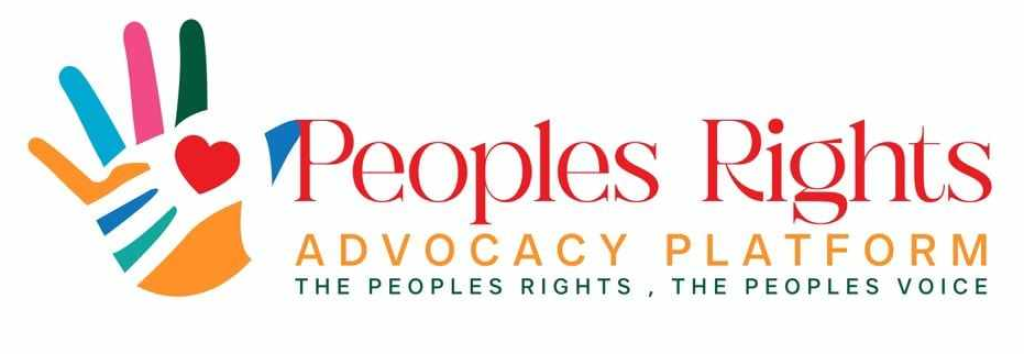For over 40 years, Paul Biya’s rule has shaped Cameroon’s political landscape, consolidating power in a central government that has shown little flexibility in adapting to the nation’s cultural and regional diversity. Under Biya’s leadership, Cameroon has seen the gradual erosion of democratic freedoms and the centralization of power, leaving Anglophone Cameroonians feeling marginalized and voiceless. This situation has become untenable, with calls for autonomy from the Anglophone regions growing louder each year. Against this backdrop, the People’s Rights Advocacy Platform (PRAP) offers a compelling vision of “One Country, Two Peoples” that presents devolution as a unifying solution—a framework that respects regional autonomy while maintaining national unity.
Paul Biya’s Longevity: The Consequences of Centralized Power
Paul Biya’s extended tenure has led to a system of centralized governance that stifles regional expression and self-determination. His regime, marked by its grip on authority and resistance to change, has prevented the evolution of a democratic, inclusive Cameroon. This centralized approach has alienated many, particularly in the Anglophone regions, where people feel increasingly distant from a government that does not represent their interests or respect their unique linguistic and cultural heritage.
Under Biya’s rule, the government has responded to the Anglophone crisis with repression rather than dialogue, further deepening divisions. The “Special Status” currently granted to Anglophone regions is inadequate, as it offers symbolic recognition without empowering real local governance. This lack of genuine autonomy is one of the reasons why the crisis persists, and why there’s a growing need for a structured solution like PRAP’s Peace Plant Paper (PPP).
PRAP’s Vision: Devolution as a Sustainable Solution
PRAP’s Peace Plant Paper (PPP) proposes a new social contract based on the concept of “One Country, Two Peoples,” advocating for the devolution of power that would grant Anglophone Cameroon a mini-constitution and the autonomy to manage its internal affairs. Far from dividing Cameroon, devolution would be a stabilizing force, addressing the grievances of the Anglophone population while preserving the unity of the nation.
By adopting a model of devolution, Cameroon would ensure that both Francophone and Anglophone regions have the capacity to govern according to their unique needs. This would create an environment where each region can thrive while contributing to the strength and unity of the country. Such a model is not unprecedented; several territories within France, such as New Caledonia and Corsica, have found success with various degrees of autonomy, operating under unique statutes that grant them significant self-governance while remaining part of a unified nation. Cameroon’s fear of devolution leading to division is therefore unfounded, as global examples demonstrate that regional autonomy can coexist with national integrity.
Devolution vs. Biya’s Legacy of Centralization
The call for devolution directly challenges the legacy of centralized power that Biya has entrenched over the decades. His administration has often equated any push for regional autonomy with threats to national unity, a perspective that is increasingly out of step with contemporary governance models that embrace diversity within unity. PRAP’s proposal for devolution is not a call for separation; rather, it is a solution to the disconnect between the central government and the people of Anglophone Cameroon. Devolution would allow for a meaningful distribution of power, where local issues are addressed locally, reducing the resentment that arises from a one-size-fits-all approach.
If “Special Status” is not considered divisive, devolution should be viewed in the same light. In fact, devolution simply formalizes and empowers the aspirations that “Special Status” claims to support. It is a logical next step that would allow Anglophone Cameroon to govern in alignment with its unique culture and needs while remaining an integral part of the nation. This shift would alleviate the pressures that have long fueled separatist sentiments, fostering a more inclusive national identity.
The New Social Contract: A Path to Democracy Beyond Biya
PRAP’s Peace Plant Paper also underscores the need for a new social contract that grants Anglophone Cameroon a mini-constitution, recognizing its cultural and legal distinctiveness. This contract would define a cooperative framework for governance, one that acknowledges the rights of the Anglophone population to self-determination within Cameroon’s borders. In a country where Biya’s prolonged rule has stifled democratic development, this social contract offers a means to rebuild trust between the government and its people.
By supporting devolution, Cameroon’s leaders, including those aligned with Biya’s administration, would signal a commitment to democracy and inclusivity. It would show the world and, more importantly, Cameroonians that unity is not enforced through authoritarian rule but achieved by respecting the distinct voices that make up the nation. This approach aligns with PRAP’s core values and offers a practical, peaceful pathway out of the current crisis.
International and Local Support for a New Cameroon
Cameroon’s situation is at a critical juncture, with the choice between continued centralization under Biya’s outdated model or a progressive shift toward devolution. The international community has an important role to play in supporting initiatives like PRAP’s PPP, as this framework aligns with principles of human rights, self-determination, and peace. International endorsement of PRAP would send a powerful message to the Biya administration that the world is watching and supporting the rights of Cameroonians to a more equitable and representative governance system.
Locally, Cameroonians must rally behind PRAP’s vision of “One Country, Two Peoples” as a roadmap for change. After years of a centralized, unaccountable system, devolution presents a future where every Cameroonian, regardless of region or language, has a voice in the nation’s direction. Embracing PRAP’s proposal means rejecting the stagnant status quo and supporting a dynamic, inclusive model that respects diversity within unity.
Embracing a New Era for Cameroon
Paul Biya’s lengthy tenure has left Cameroon struggling to reconcile its diversity within a centralized framework that no longer serves its people. PRAP’s vision for devolution offers a viable, unifying path forward—one that respects regional identities, empowers local governance, and fosters national unity. By embracing the PPP’s “One Country, Two Peoples” model, Cameroon can finally break free from the constraints of centralized power, creating a just, inclusive society where every citizen has the opportunity to thrive.
Supporting PRAP’s vision is more than a political choice; it is a commitment to a Cameroon defined by peace, justice, and democracy. By taking this step, Cameroon can transcend the divisive legacy of Biya’s rule and build a future rooted in the values of representation and respect for all its people.
Ndong Emmanuel(Capo Daniel )
PRAP chairman


